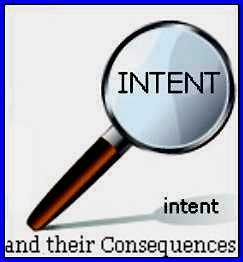S. 25 WESA provides for the removal of an executor where a Citation
One of the most common complaints of estate litigants is the role, choice or behavior of the executor chosen by the deceased.
The Courts are reluctant to remove an executor without valid reasons. For further in depth discussion of removal of executors, trustees ( personal representatives), please also visit blog entries on this site dated :
April 12, 2011: Court Removes One Co-Executor in Deadlock Between Two
November 8, 2011: Co-Executor/Trustee Removed for Lack of Cooperation with Other Executor/Trustee
May 29, 2011: Executor Appointed Amicus (Friend) of Court to Defend Wills Variation Claim
October 10, 2013: The Five Criteria for Removal of a Trustee
November 2, 2013: Removal of an Executor – Trustee
February 4, 2014: Trustee Removed for Selling Assets Below Market Value and Benefitting
S 25 WESA allows for the removal of an executor or trustee where the Citation served on the executor is ignored or not complied with.
Under 25-11(2) the citation must also be personally served on each alternate executor in the event that the first executor fails to comply with the 14 day rule, or file an Answer.
Under Section 25-11 (5) , a person cited is deemed to have renounced executorship if:
a) the person cited refuses to comply with providing the information or filing an Answer under 25-11 (4), is deemed to have renounced executorship.
2) or obtain a grant of probate within 6 months of the date the citation was served
5-11 (6) deals with the effect of failing to answer a Citation or refusing probate:
1) if the person fails to apply for probate , provide an Answer or fails to provide the information, he or she is deemed to have renounced the executorship.
In that event, the citor or another person interested in the estate may apply for:
1) a grant of probate or administration with will annexed;
2) an order under S 58 curing deficiencies in the testamentary document;
3) that the testamentary document be proved in solemn form;
4) if the testamentary document is in the possession of a third party, the issuance of a subpoena under Rule 25-12 to require the cited person to file the testamentary document




